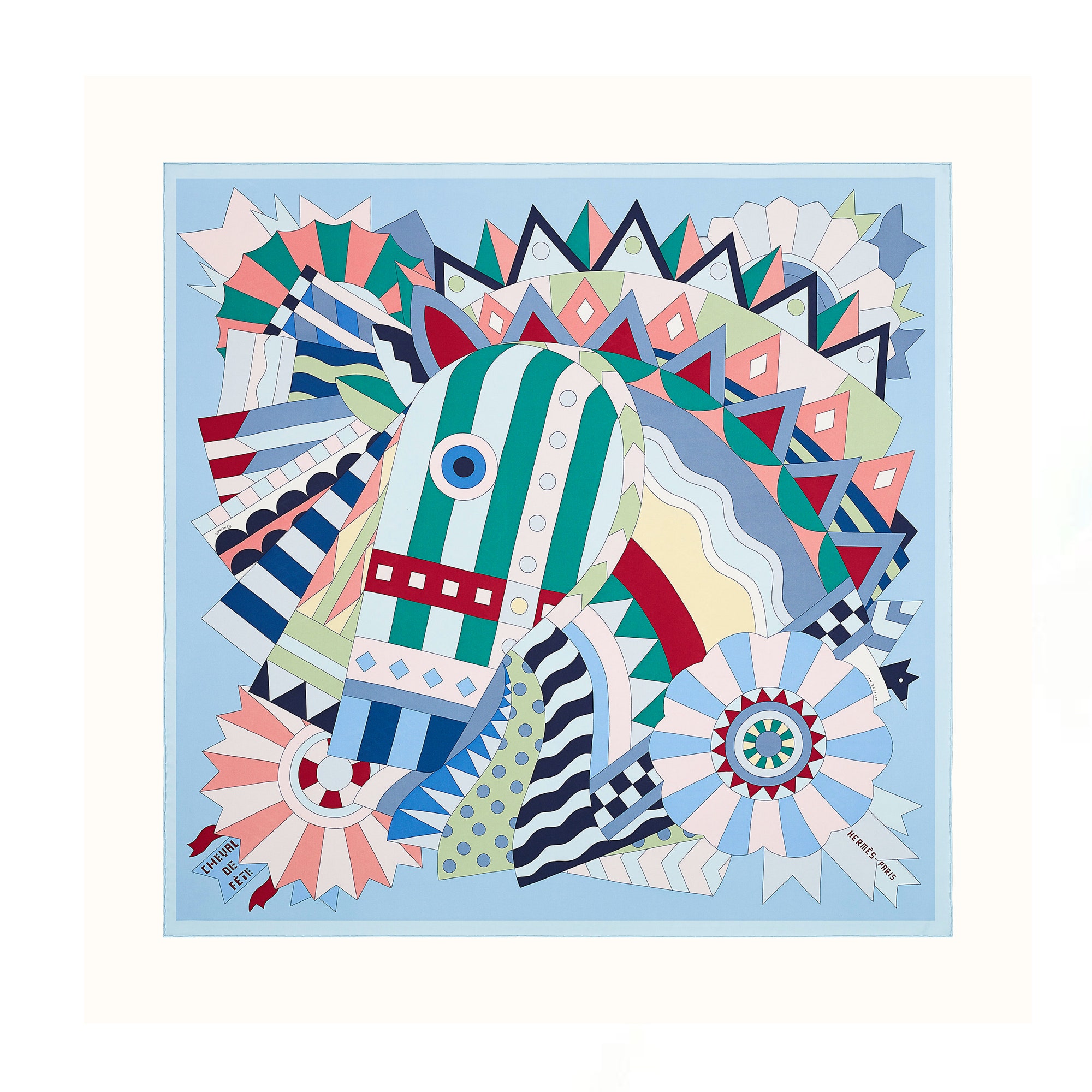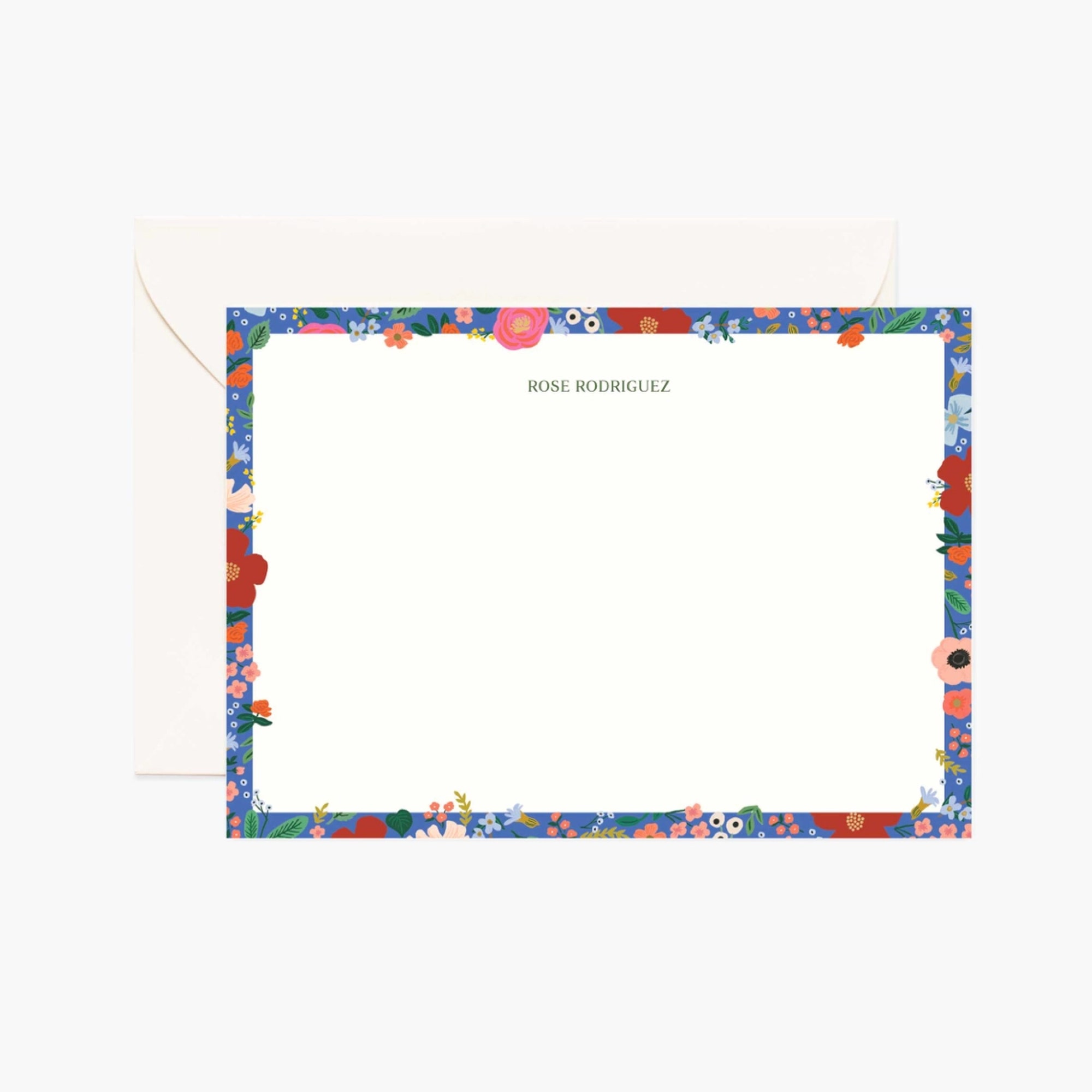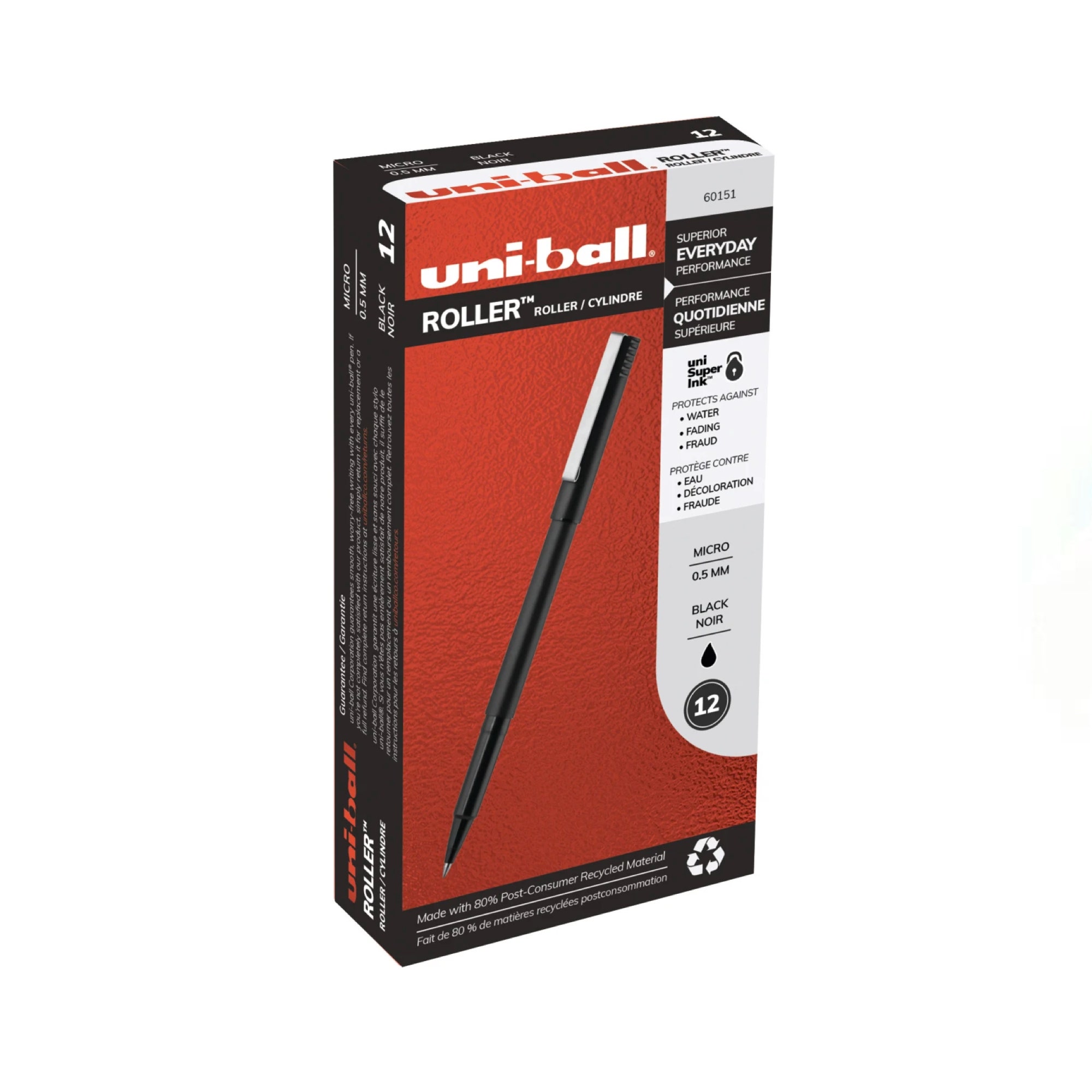The celebrated writer on setting boundaries at work, dealing with disappointment, and treating her friend to Hermès scarves.

Roxane Gay Is Practicing Saying No
Roxane Gay is the kind of person people turn to for advice. She doles it out on Twitter to her 830K followers. She and the writer and professor Tressie McMillan Cottom co-host a podcast titled Hear to Slay—taglined “the Black feminist podcast of your dreams.” And she is the Work Friend columnist for the New York Times, where she addresses a broad mix of workplace dilemmas.
A characteristic kernel of wisdom: When a woman who has been tasked with taking notes and organizing the calendar for her team writes in to ask for counsel, Gay doesn't recommend careful, scripted conversations with those who have exploited the letter writer's neat handwriting. “Stop coddling grown men,” Gay commands. “Prioritize your own work and ambition more than you prioritize the man-babies you work with.”
To someone else who is feeling anxious about measuring up in a still-new job, Gay skips the usual chatter about building up confidence with self-help books. “If you can, please do see a therapist to work through these anxieties, which are completely understandable but holding you back,” she writes.
Now Gay—who is also the author of such beloved bestsellers as Bad Feminist and her memoir Hunger—is sharing her wisdom with a new audience. Last month, MasterClass announced that she would teach a course on writing for social change. The class is billed as a chance to help subscribers have hard conversations about social issues, own their own identities, and navigate writing about trauma. Glamour sat down with Roxane Gay over Zoom to ask her advice on—what else?—work, of course, but also her home office must-haves, her go-to gifts, and the best Instagram follows.
Her first childhood dream job
I wanted to be an emergency room physician. I wasn't allowed to watch medical dramas on television, but I would see glimpses and it seemed exotic and exciting. I thought that it would be great to help people.
Her first actual job
I was a dishwasher in the high school dining hall.
How she deals with disappointment
I allow myself to feel what I need to feel when I'm rejected or when I don't get an accolade that I very much want. If people don't respond to my work the way I had hoped and I recognize that I have to sort of do better, I just allow myself to feel what I need to feel about it.
I wish more writers would do it. Don't do it in public, but, you know, you have friends for a reason. I try to just allow myself to sulk or to be hurt or disappointed or mad, and then I get over it and I just decide, “Alright, onward. And I'm going to do better next time.”
How she learned to set boundaries at work
I don't know that I have, and I'm still trying to fix that. I think that we have a work culture in this country that does not encourage boundaries. I think people are often expected to go above and beyond in ways that are really relentless simply because we're told that's what makes us good citizens. We all buy into that—this idea that we can be better and we can do more. I succumb to it as much as anyone. So I'm trying to figure it out and these days I'm trying to practice saying no.
I'm trying to say no more, and it's really hard. Part of the challenge is that people are really resistant to hearing it. People sometimes see a no as a challenge. They see no as this sort of call to arms. When I say no, I actually just mean, no. It's not an invitation. So in addition to learning how to set boundaries, I think the better question is how do we teach people to respect boundaries?
The best piece of money advice she's ever gotten
Ask for significantly more than you think is too much. If you're a woman, it still won't be enough. Every single time I have found that to be true.
I love to think I'm a very good negotiator. I will negotiate a contract of some kind. And then I will find out what white writers are paid or what men are paid, and I'm like, “Wow.” I think it's good advice for women. You may not always get the answer you want, but we don't ask for what we deserve—or the better word might be what we merit, what we've earned. As often as possible, I hold the line. Here is what my rate is. If you can pay it, we'll make wonderful work together. And if you can't, that's totally fine, but you will not be working with me.
The hardest lesson she's learned at work
Sometimes an employer simply will refuse to pay you what you're worth, and then you have to make the difficult decision. That certainly happened when I left Purdue [University]. I was drastically underpaid and not by a little bit. When I brought it to their attention and showed them the comps of my peers with fewer books at other institutions, they came back with a raise that was ridiculous. I realized they were never going to see my worth, even if every other institution did. That was a really painful lesson. It's not that I thought I was that great, but I certainly knew that I brought a lot to the job and that I enjoyed it. I decided to leave, even though it was terrifying and remains terrifying to not have a day job. Sometimes you learn those lessons the hard way, and it's okay.
Her favorite low-stakes treat
On a great day, I allow myself to just not open my laptop when I'm done working. No more looking at an electronic device. I will read or watch a movie. I will just allow myself to shut down and do something enjoyable.
Her go-to thank you gift
This is going to sound really bougie, but Hermès scarves. If you send it with a gift receipt, if the person doesn't like what you've selected, they can exchange it for a scarf that they do like. It's more personal than a gift certificate, and I always make it clear: Do not feel wedded to this. I will not take it personally if you do not like this. Swap it for something you do like. When I'm on a tighter budget, I like to do like custom stationary. That's really nice too.
Hermès Cheval de Fete Scarf 90
$435HermèsRifle Paper Co. Wild Rose Personalized Flat Notes
$65Rifle Paper Co.The people whose stories she will never skip over on Instagram
Grace Bonney, who is @designsponge on Instagram. Aminatou Sow, who is just wonderful. Dodai Stewart, who is a journalist at the New York Times.
People would be happier at work if…
People would be happier at work if they were respected and treated like human beings, instead of just labor.
Her five work essentials
Home printer. Just get it together, people! Just get the home printer.
I like having options in terms of work interfaces, so I have both a 27-inch iMac desktop and a laptop because sometimes I need a lot of room, and it just makes life a lot easier.
Uni-ball Rollerball Pens. It's like $12 for a big box, and they're great. They write very nicely.
Spotify, because I love to listen to music while I'm working.
And these days, I have to say you need a ring light. It gives you that inner glow. I use that for meetings.
HP OfficeJet Pro All-in-One Printer
$230HPUni-Ball Rollerball Pens
$13Office DepotMattie Kahn is the culture director of Glamour.
This story originally appeared on: Glamour - Author:Mattie Kahn





















